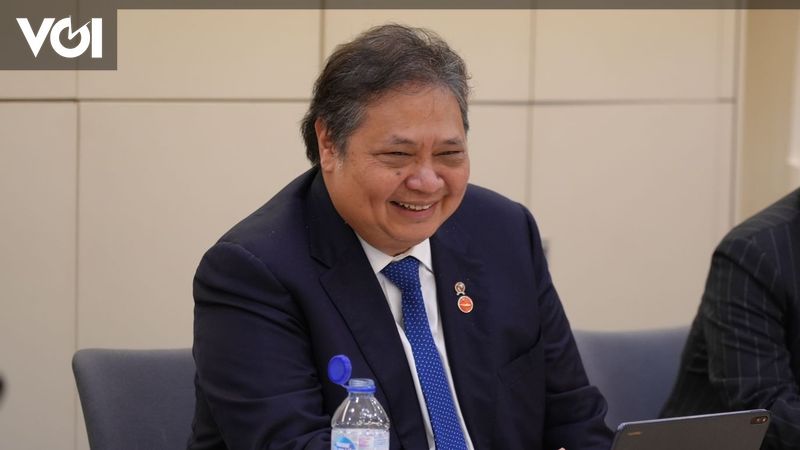


Indonesia is making significant strides towards joining the Organization for Economic Cooperation and Development (OECD), a move that could reshape its economic landscape. Following the inauguration of Prabowo Subianto as president on October 20, 2024, Indonesia is poised to enhance its regulatory framework and business environment. The country applied for OECD membership in July 2023, becoming the first Southeast Asian nation to do so. Formal discussions commenced in February 2024, and a roadmap for membership was adopted in May [48ca3612].
The accession process is expected to be lengthy, potentially taking a decade or more. An initial memorandum is anticipated next year, which will outline Indonesia's alignment with OECD conventions. The U.S. Chamber of Commerce has highlighted the importance of regulatory transparency and stakeholder engagement throughout this process, emphasizing that Indonesia's current digital trade policies are among the most restrictive in the region [48ca3612].
In a broader context, Argentina is also pursuing OECD membership to address its economic challenges. The country has faced significant social and economic hurdles, including low growth rates and high financial costs. Argentina has been a candidate for OECD membership since 2022, and in March 2024, the OECD Council adopted its roadmap for membership. The Argentine government, led by Foreign Minister Diana Mondino, is focused on implementing structural reforms to improve its OECD risk rating, which currently stands at seven, the worst possible rating [6bb8917c].
Both countries aim to leverage OECD membership to enhance their economic stability and attract foreign investment, with Argentina looking to emulate the success of previous OECD members like Mexico and Chile. As these nations navigate their respective paths towards OECD membership, the outcomes could significantly impact their economic futures and regional standing [3c0b95c9].